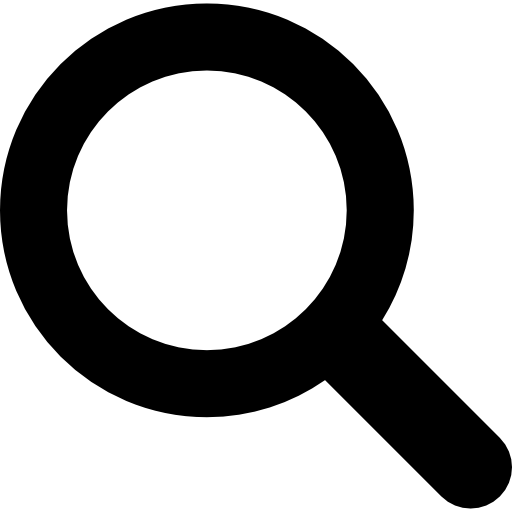‘I don’t have a vulva do you?’ a boy in kindergarten asked me...
Why we should teach our kids the correct names of genitals?
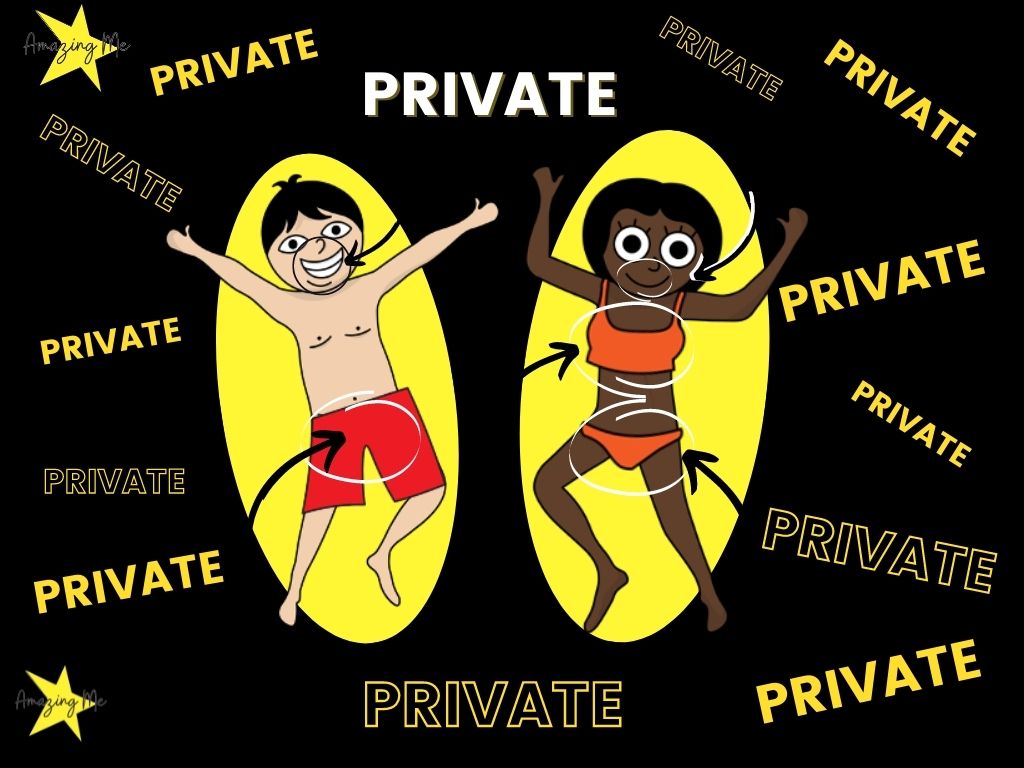
“I don’t have a vulva, do you?”- a boy in kindergarten asked me in front of the class at the beginning of a consent lesson. I am used to talking about vulvas every day. Being a Sexual Health Educator is my job, but this question caught me off guard! 🤣
One of the wonderful things about young children is that they often ask us questions about what they are thinking, wherever they are thinking it, straight away – right? Like at a big family gathering, around the dinner table or a busy and probably most inconvenient moment.
Should I have answered his question then and there and why? What do you think?
I know that I could have distracted him, or asked him to ask an adult when he got home or scolded him for being inappropriate but instead, I replied “yes I do” with a positive tone of voice. I then went on to say that even though it’s a private part of my body he asked a great question.
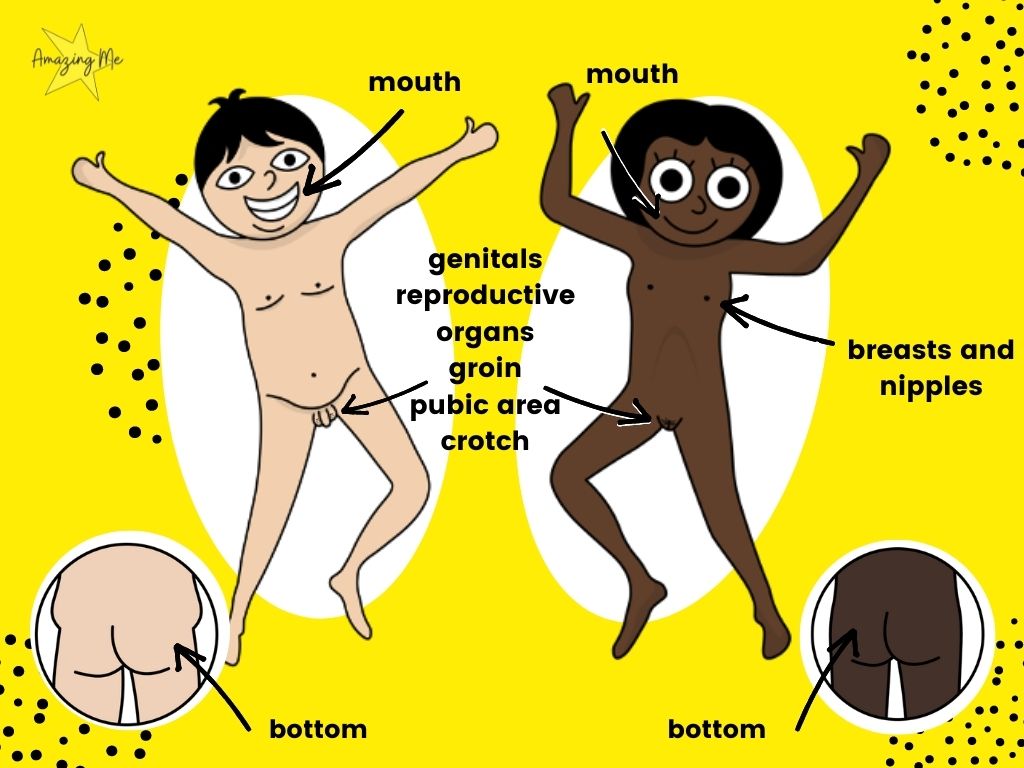
Here’s are 10 reasons why it’s important to use the correct names of genitals.
We want to encourage our kids to be curious and to ask questions about anything to do with every sexual topic, not just now but in the future.
Talking early paves the way for further conversations.
Shaming or distracting a child will make it harder for you to be an askable parent later.
Not answering does not stop a child’s curiosity
Taboo around sexual health topics might create an environment of fear and judgement.
It can keep them safer and less vulnerable to abuse. If a child uses the correct words it is easier for them to disclose abuse to teachers or trusted others.
It can make them more confident that every part of their body is wonderful, not strange, and not dirty.
It’s interesting that lots of adults who I talk to don’t know about vulvas and the clitoris as much as they do about the penis and testicles. Where’s the equality! Everyone’s bodies are equally important and our children need to know this too.
We don’t want children googling ‘What is a vulva?’ at the age of 5 because we know what will pop up - yep…PORNOGRAPHY!!
And lastly, genitals are a normal part of our bodies.
So, have I convinced you yet?
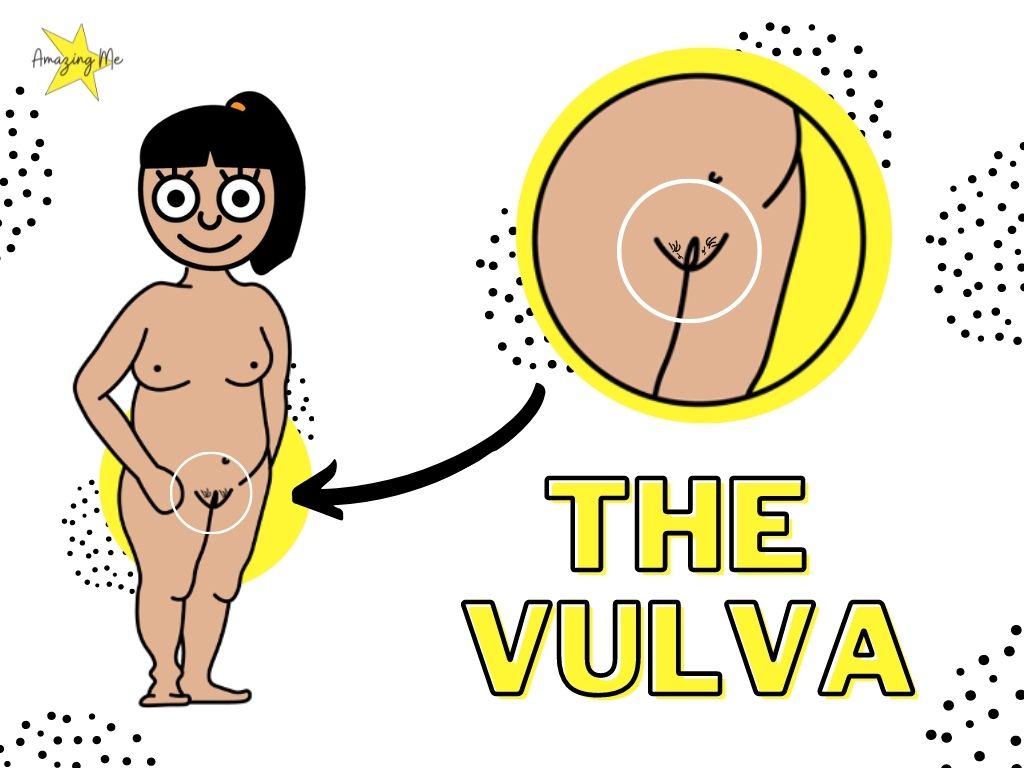
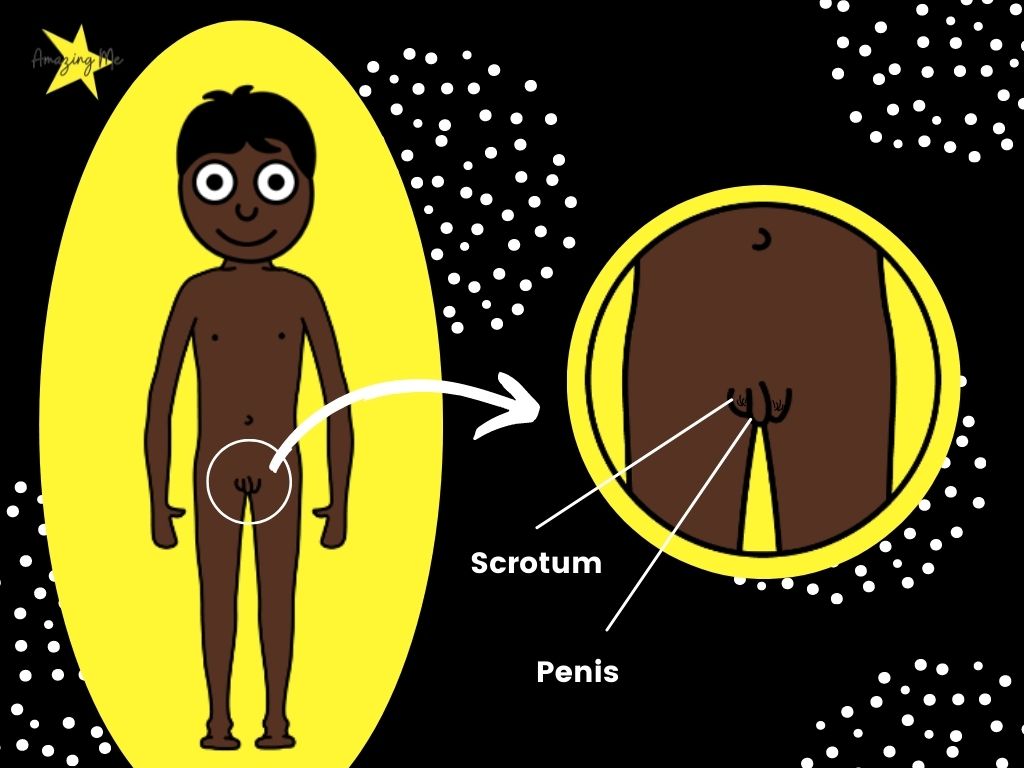
Here are five ways to talk with your young children about the correct names of genitals.
1. Make it fun
For example, sing ‘Heads shoulders private parts and toes’ or make up a rhyme and have actions to it. For example: ‘From my head to my toes I say what goes’
2. Get more confident yourself by practicing the correct names
Before you say the names to your child, try saying, vulva, clitoris, penis, scrotum in the shower, in front of the mirror or in the car by yourself.
3. Read a book
Together with your child, read a book that shows pictures of bodies and names them including genitals.
4. Be a step ahead of your child
I mean get in there first before they ask you, by naming genitals from when they are toddlers.
5. Use everyday opportunities
Opportunities like bathing, getting dressed and changing nappies (diapers).
In a world that is sometimes full of fear, shame and taboo around sexual health we need to start communicating with our kids when they are young. What better place to start than with the correct names of our genitals!
Books that help you talk to your kids about private parts and more
Being a parent myself, I’ve read many books about this topics and I’ve published book reviews of all of my books here on my website. Below are my favourite books that can help you speak with your children about though topics. You can find all my book reviews on this page (click here), or you can start exploring one of the three books highlighted below.
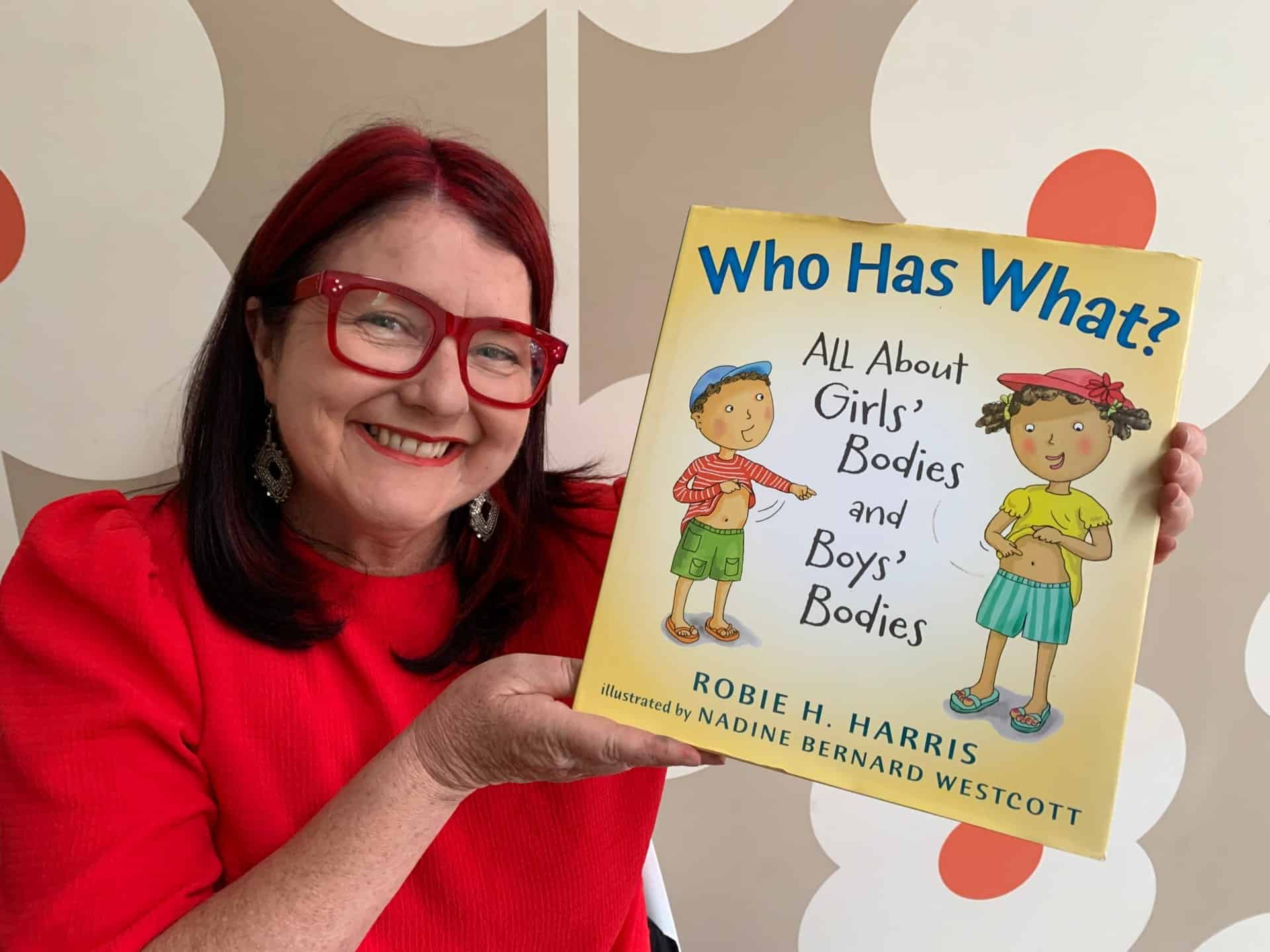
Who Has What?
Click here to read my book review
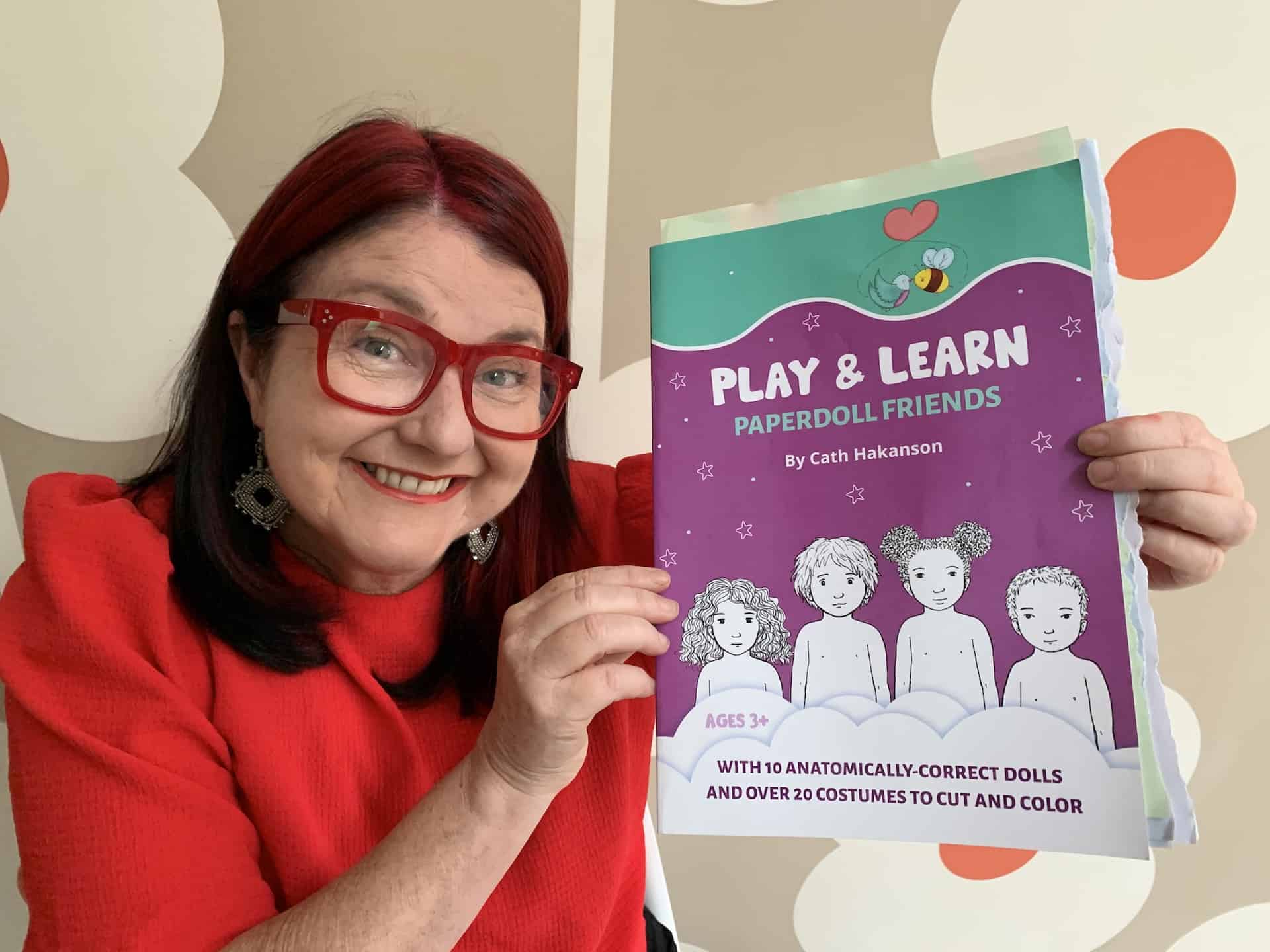
Play & Learn Paperdoll Friends
Click here to read my book review
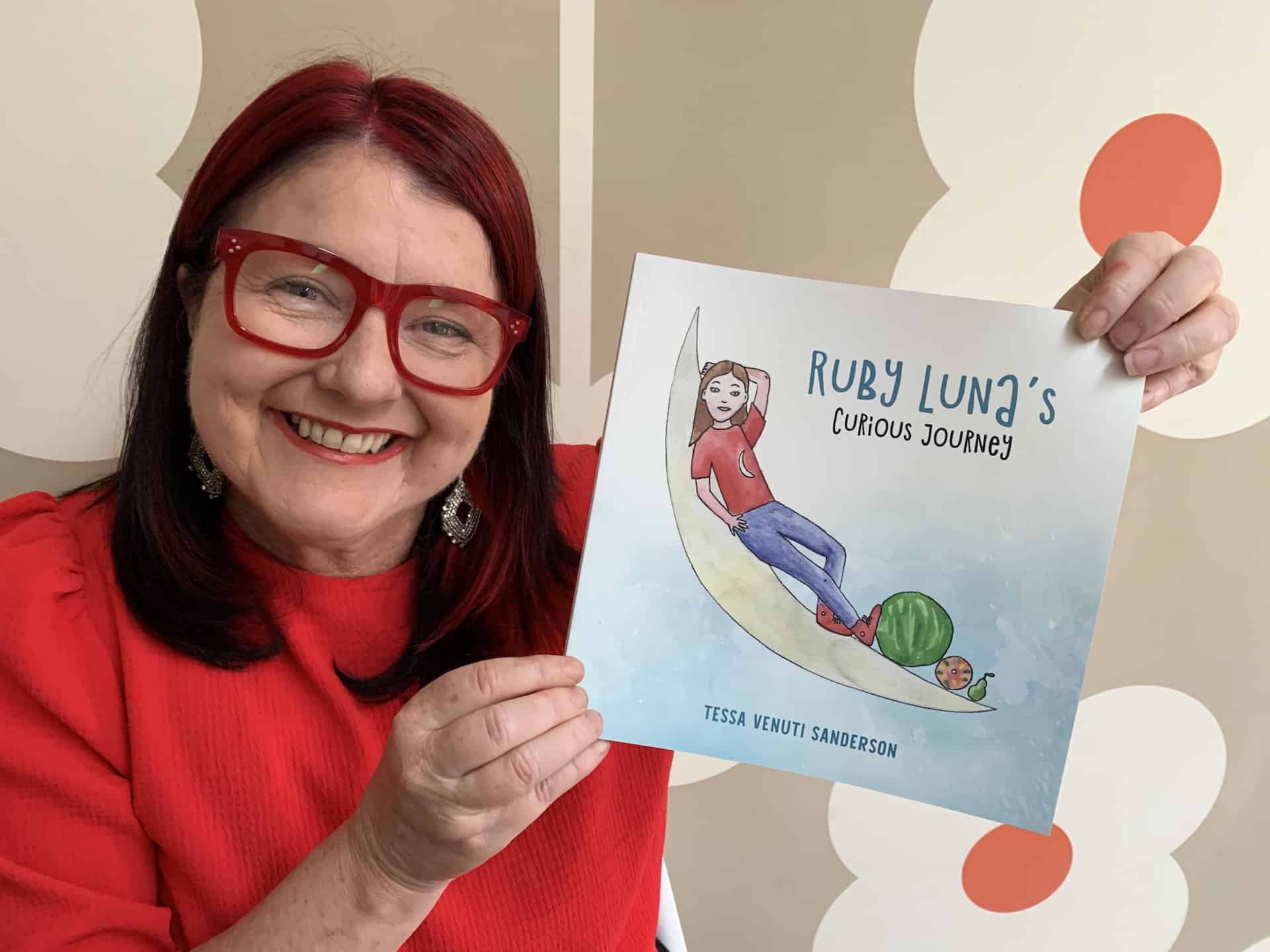
Ruby Luna's Amazing Journey
Click here to read my book review

